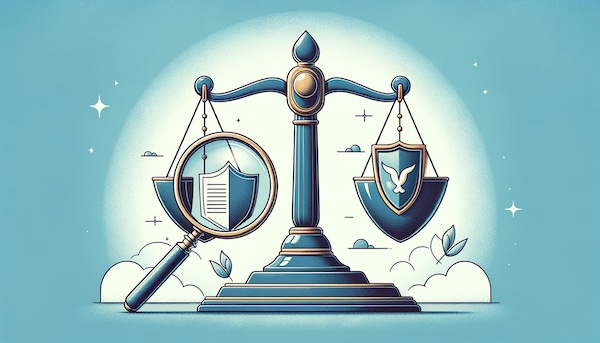When it comes to legal matters and managing one’s affairs, it’s crucial to understand the different types of powers of attorney. Two commonly used terms are “Power of Attorney” and “Durable Power of Attorney.” While they may sound similar, they have distinct differences that can impact their validity and usage. This article aims to shed light on these differences and provide clarity to those curious about these terms.
Power of Attorney
A Power of Attorney (POA) is a legal document that gives another person, referred to as the “agent” or “attorney-in-fact,” the authority to act on behalf of the individual creating the POA, known as the “principal.”
- Definition: A Power of Attorney is a legal document that authorizes someone else to make decisions or act on behalf of the principal.
- Authority: The agent’s authority granted by the Power of Attorney can be broad or limited, depending on the specific provisions outlined in the document.
- Validity: A Power of Attorney is typically valid until the principal revokes it or becomes incapacitated.
- Incapacity: If the principal becomes incapacitated, the Power of Attorney becomes invalid, and the agent’s authority ends.
- Uses: A Power of Attorney can be used for a variety of purposes, such as managing finances, making healthcare decisions, and conducting legal transactions.
Durable Power of Attorney
A Durable Power of Attorney (DPOA) is similar to a general Power of Attorney but contains an important distinction. A DPOA remains effective even if the principal becomes incapacitated or mentally incompetent.
- Definition: A Durable Power of Attorney is a legal document that grants authority to an agent to act on behalf of the principal, specifically during periods of incapacity or mental incompetence.
- Authority: The agent’s authority granted by the Durable Power of Attorney remains intact despite the principal’s incapacity or mental incompetence.
- Validity: A Durable Power of Attorney remains valid even if the principal becomes incapacitated.
- Incapacity: In contrast to a standard Power of Attorney, a Durable Power of Attorney allows the agent to continue acting on behalf of the principal when the principal becomes incapacitated.
- Uses: A Durable Power of Attorney is commonly used for managing finances, making healthcare decisions, and handling legal matters during incapacity.
While both a Power of Attorney and a Durable Power of Attorney grant authority to an agent, the ability to remain effective during periods of incapacity sets the Durable Power of Attorney apart. It’s essential to understand these distinctions when determining the type of power of attorney that best suits your needs.


